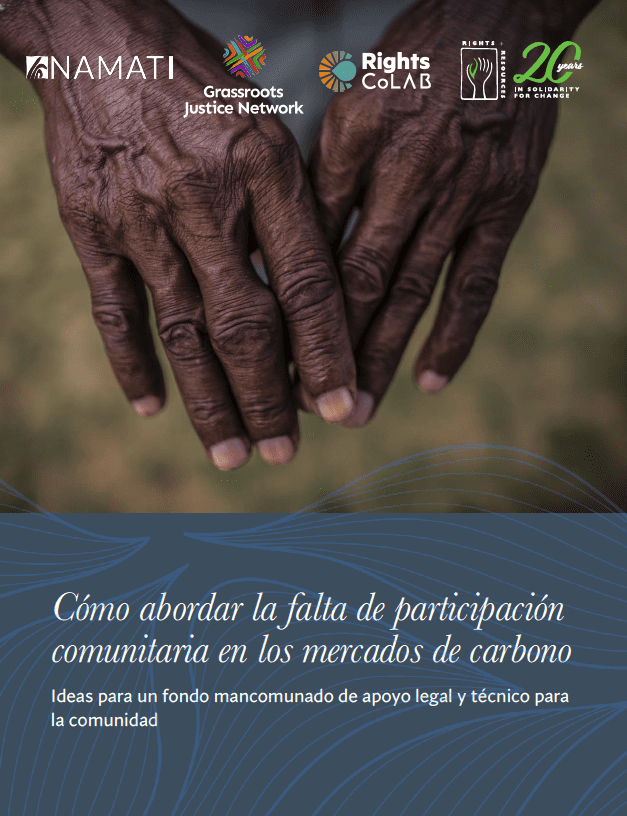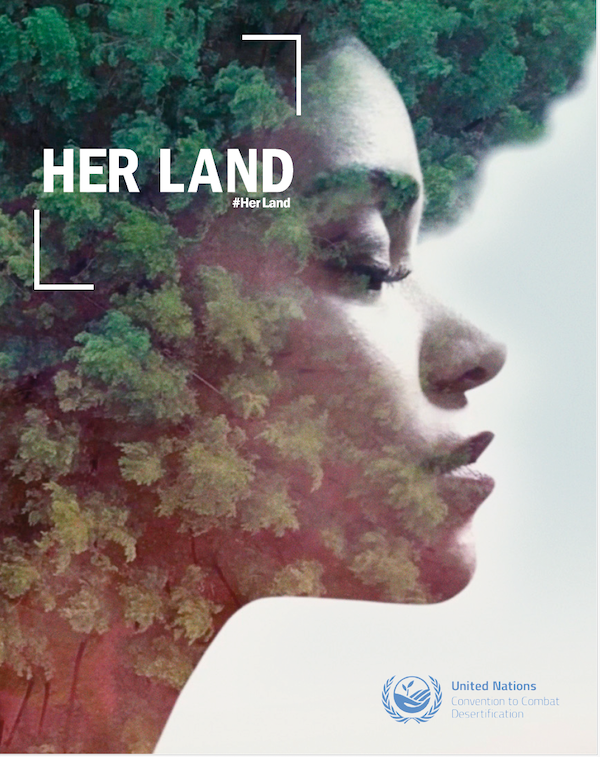The Land Portal Annual Report 2024 celebrates 15 years of championing open, inclusive, and data-driven land governance. In 2024, the platform launched the State of Land Information Index (SOLIndex), expanded global partnerships, and spotlighted community voices through new initiatives like the…
Since UNFCCC CoP29 in November 2024 and the nominal approval of Article 6.4 of the Paris Agreement, the regulatory landscape has been rapidly changing. This report and accompanying data provide a snapshot of carbon rights in a world where there is massive institutional demand for carbon trading…
GLA believes it is crucial to collectively advance thinking, dialogue, and action on the role of land rights and tenure security to make the VCM and other nature-based markets equitable, efficient and sustainable. In the following sections of this brief, we set out some key considerations and…
A fully operational Article 6 offers countries a powerful tool to scale up mitigation efforts to achieve their Nationally Determined Contributions (NDCs). If implemented right, Article 6 will help channel much-needed climate finance – both public and private - to developing countries, enabling…
Carbon projects often impact lands managed by communities with insecure or informal tenure rights, especially in Africa and Asia, where carbon markets are expanding rapidly. Nearly 80% of land managed by Indigenous Peoples and local communities in these regions lacks formal recognition.The IPCC…
<ul><li> Clarity on who owns emissions reductions (ERs), including who is entitled to benefit from Reducing Emissions from Deforestation and forest Degradation, plus the sustainable management of forests, and the conservation and enhancement of forest carbon stocks (REDD+),…
Robust national policies are critical to protecting community rights. National law and policy defines processes for land acquisition, community participation in decision-making, and distribution of funds from investment. International mechanisms for carbon trading under the United Nations…
As the world races to avoid the worst impacts of the climate crisis, the role of carbon markets remains deeply contested. Yet the nuances of ‘carbon rights’ — which generally refer to the rights “to benefit from sequestered carbon and/ or reduced greenhouse gas emissions”1 — remain underexamined…
En septiembre de 2024, durante la Semana del Clima de la ONU en Nueva York, la Iniciativa para los Derechos y Recursos, Namati, las Redes de Justicia de Base y Rights CoLab convocaron un taller de expertos sobre cómo proporcionar apoyo legal y técnico para abordar los desafíos a los que se…
Land tenure security is a concept that informs land governance interventions. In short, the thinking is that tenure security will lead to positive economic, environmental and social impacts and hence to improved livelihoods for the land right holders. The evidence on the causality between…
<h2 id="corruption-is-blocking-progress-towards-a-sustainable-world">Corruption is blocking progress towards a sustainable world</h2>
The 2024 Corruption Perceptions Index (CPI) shows that corruption is a dangerous problem in every part of the world, but change for…
Land is being degraded rapidly worldwide. Our current agricultural practices are causing soils worldwide to be eroded up to 100 times faster than natural processes replenish them. At this critical moment, enabling the full contribution of women to halting land degradation and tackling drought is…












